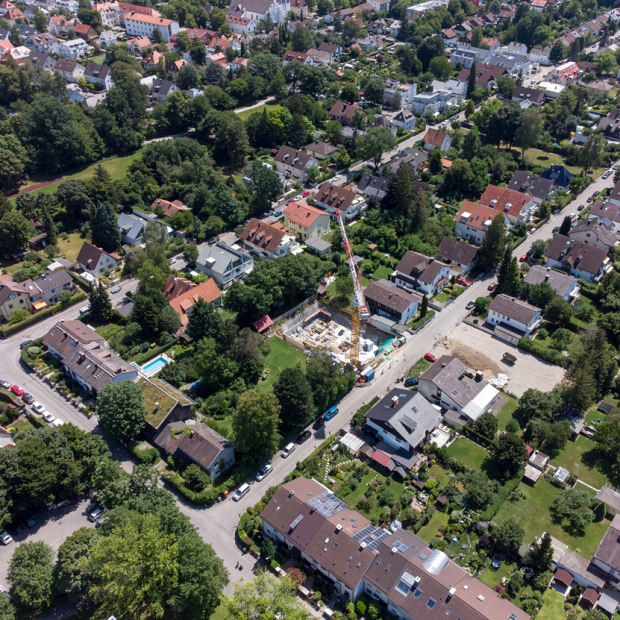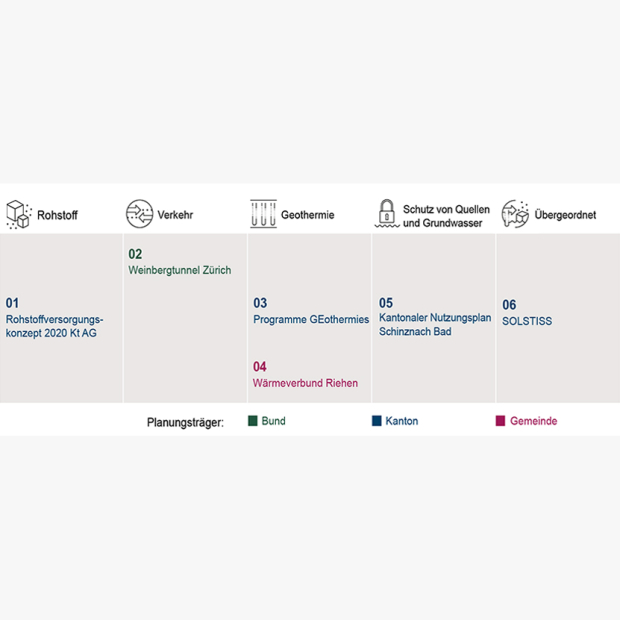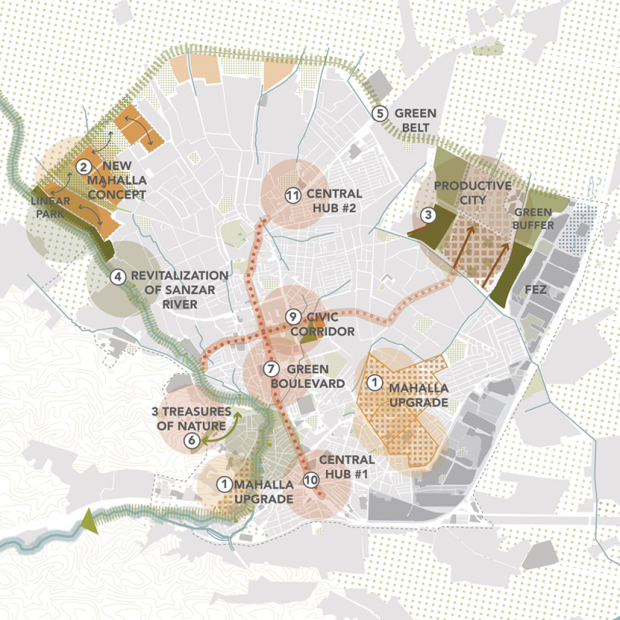

The economic significance of implementing the revised Swiss Spatial Development Act at cantonal level
The Swiss cantons have until the spring of 2019 to implement the new provisions outlined in the Spatial Development Act, which was originally enacted in 2013. Working on behalf of the canton of Valais, EBP assessed the economic costs that will be incurred if the canton’s proposal for implementing the revision within the timeframe is rejected.
Swiss voters voted in favor of the revised Spatial Development Act (SDA) on March 3, 2013. The revision makes provision for avoiding urban and suburban sprawl and promoting the concentration of existing settlements as an alternative solution to development needs. The various Swiss cantons now have until the spring of 2019 to enact appropriate legislation to account for the revision and revise their development plans accordingly. According to a legal review published by the Swiss Landscape Planning Association, a failure on the part of the canton of Valais to implement the terms of the revised SDA on time would seriously hamper the canton’s development in terms of construction and transportation.
In light of the fact that a moratorium on zoning decisions, as well as general legal uncertainty would be sure to have a direct impact on development planning in the canton of Valais, as well as on the canton’s economic and social development, canton representatives commissioned EBP to carry out an examination of the possible medium and long-term economic impact of a failure to implement the new legislation.The focus of the examination was on the poor economic development that would result from planning hindrances and general legal uncertainty.
The economic models presented by EBP indicate a gross value-added loss of at least CHF 1.3 billion as a result of uncertainty throughout a ten-year period. The main factors behind the loss include diminished activities in the construction sector, restricted population growth and a lack of productivity improvements. The loss of economic benefits corresponds to around half of the economic growth that would otherwise be forecast for the canton of Valais for the reference period (2019 to 2029).
In addition to the immediate costs, the canton could also expect to incur long-term losses relating to a weaker competitiveness, as well as the forfeiture of federal subsidies for its cantonal agglomeration programs. A timely implementation of the revised SDA can therefore be expected to make an important contribution to the economic vitality of the canton of Valais.










